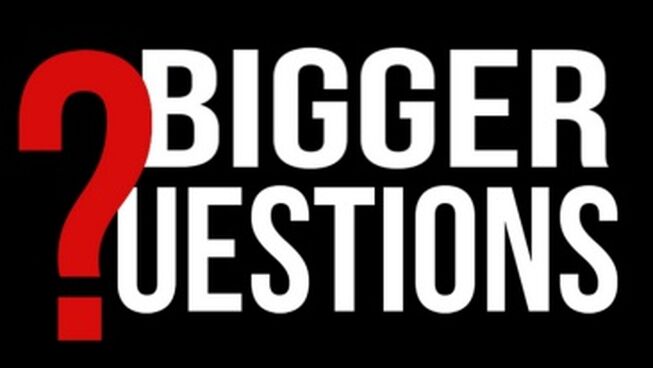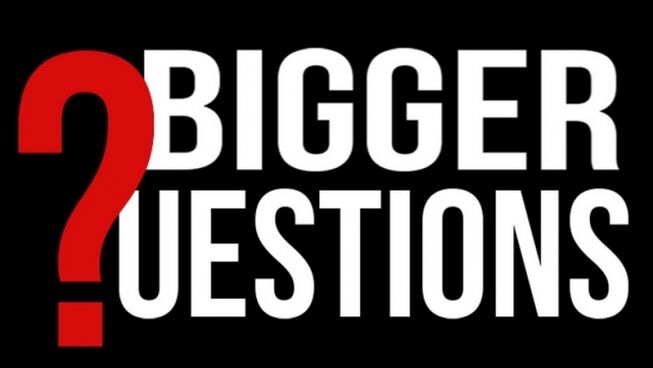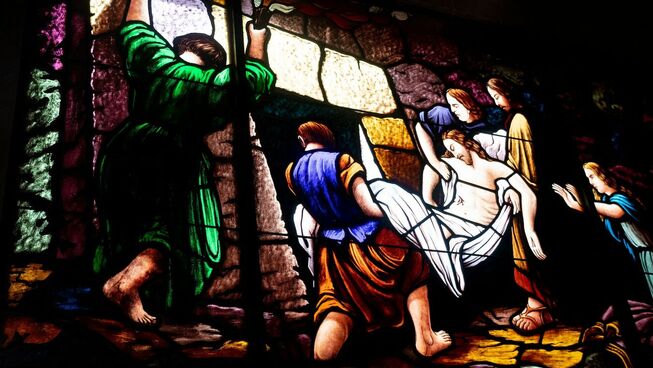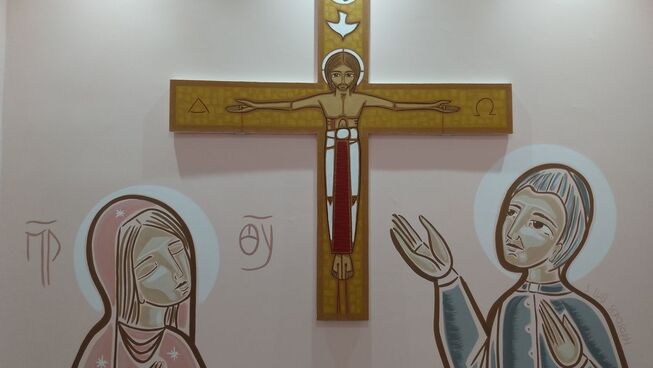The four accounts of Jesus' resurrection contain differences. What explains these differences? Are the Gospels historically trustworthy? What difference does it make?
In this episode, host Robert Martin speaks with Elizabeth Redman. Elizabeth is property reporter for The Australian newspaper. Elizabeth shares some of the joys and frustrations of journalism. She also shares about journalistic conventions on how journalists report the truth. She then examines specific conventions about writing the Gospels and how these can help resolve a number of differences in the resurrection accounts that skeptical scholars like Bart Ehrman raise. Elizabeth also gives her own reasons for why the resurrection of Jesus is 'top story'.
This episode of Bigger Questions was recorded under the show's previous title 'Logos Live'.
Help us keep asking Bigger Questions. Support the show for as little as US$1 per podcast on Patreon.
Bigger questions asked in the conversation
Journalism
What interests you about journalism?
And you are currently in business writing - do you enjoy that? It doesn’t seem the most glamorous part of journalism?
What’s it like being a journalist? Do the editors really scream, ‘hold the front page?’
Is it true that you can’t believe everything you read in the news?
Have you read stories that are just made up? Written any that you just made up?
Conventions in news reporting
Sometimes you see on the news that two different news outlets report the same event, but there are differences between the two. Is this common? Why is that?
Could you tell us a little bit about the conventions used by journalists in news reporting.
These are all standard journalistic conventions? Differences between news reports reporting the same story will naturally arise?
Elizabeth's story
What convinced you to become a Christian believer?
Contradictions in the resurrection narratives
Elizabeth, you’re familiar with different types of literature, when you read the Gospels, the four biographies of Jesus life that we have, what kind of literature are they? Are they breaking news reports?
But there are differences between the accounts of the resurrection. Well known skeptical scholar, Bart Ehrman from the University of North Carolina suggests that the difference in detail between the resurrection accounts makes them unreliable. And hence he suggests that the Gospel accounts can’t be trusted for historical accuracy.
Did you surprise you when you learned that there were variations of details between the resurrection accounts?
What do you make of Ehrman’s objection?
Conventions in reporting in the Gospels
There are certain conventions in journalistic news reporting, but what about literary conventions for writing the Gospels?
These are legitimate literary devices? Not trying to hoodwink or deceive audience?
The Bible reflection
We can look in more details at some of the differences in the resurrection accounts that Bart Ehrman highlights. For example Ehrman considers the women going to the tomb. He asks, ‘Did Mary go to the empty tomb alone, or did other women go with her?’
Mark 16:1 says, ‘When the Sabbath was over, Mary Magdalene, Mary the mother of James, and Salome bought spices so that they might go to anoint Jesus’ body.’
Compare this to:
John 20:1 which says, ‘Early on the first day of the week, while it was still dark, Mary Magdalene went to the tomb and saw that the stone had been removed from the entrance’.
So what do you make of this difference? Did Mary go alone or with other women?
Ok, what about the number of angels present in the tomb,
Mark 16:5 says, ‘As they [the women] entered the tomb they saw a young man dressed in a white robe sitting on the right side and they were alarmed’
Whereas Luke says,
Luke 24:3-4, ‘when they entered, they did not find the body of the Lord Jesus. While they were wondering about this, suddenly two men in clothes that gleamed like lightning stood beside them’.
What are we to make of this?
So there are differences between the accounts - but do these differences make us concerned that they aren’t trustworthy as historical sources?
As Mark 16:6 says, ‘Don’t be alarmed’, he said, You are looking for Jesus the Nazarene, who was crucified. He has risen!
What do you make of the significance of women being the first witnesses of the empty tomb?
Implications?
So what - what is the implication of the resurrection accounts being historically trustworthy?
Is this a story which you should ‘hold the front page’?
Big Question
So Elizabeth, reporting the truth, can we trust the resurrections accounts?






